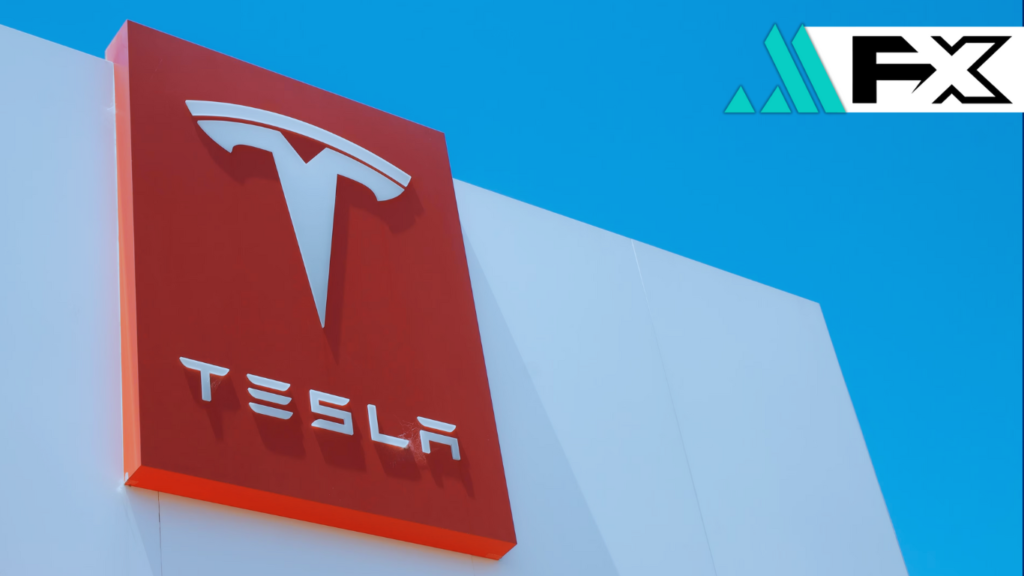Tesla has suspended new orders for its Model S and Model X vehicles in China, according to the company’s website and its WeChat mini-program. The decision comes amid deepening trade tensions between the U.S. and China, which have led to dramatic tariff hikes on U.S. goods.
The affected models, both manufactured in the United States and imported to China, are no longer available for new purchase requests. The electric carmaker has not issued an official explanation, and Tesla (NASDAQ: TSLA) did not respond to media inquiries as of Friday.
This move closely follows China’s announcement of an 84% tariff on select U.S. imports—an aggressive countermeasure to the 145% tariffs imposed by the Biden administration earlier this week. Analysts believe the added costs have significantly reduced the competitiveness of these imported luxury EVs.
Shanghai Plant Now Central to China Sales
Tesla’s Shanghai Gigafactory, which produces the more affordable Model 3 and Model Y, continues to serve as the company’s primary production base for the Chinese market. These models account for the majority of Tesla’s domestic sales and are also exported to other global markets, including Europe.
According to Li Yanwei, an analyst at the China Auto Dealers Association, China imported only 1,553 Model X and 311 Model S vehicles in 2024—a small fraction compared to locally produced units. This relatively low volume suggests that the order suspension, while symbolically important, may have limited short-term sales impact.
Key Production & Sales Notes:
- Shanghai plant produces Model 3 & Y
- These models are tariff-exempt as local products
- Imported S & X models now paused due to tariff headwinds
By focusing on local production and minimizing reliance on imports, Tesla appears to be aligning its strategy with the shifting geopolitical climate.
Tariffs Undermine U.S.-China Auto Trade
The latest developments underscore how the trade conflict between the world’s two largest economies is reshaping international supply chains and forcing automakers to adapt in real time.
The luxury segment, in particular, is vulnerable to tariff shocks given its reliance on high-margin, lower-volume imports. For Tesla, the risk is reputational as well as operational, especially as China remains the world’s largest EV market.
Summary Points:
- U.S. tariffs on China: 145%
- China’s counter tariffs: 84% on U.S. goods
- Imported Tesla Model S and X now unavailable for new orders
- Local production shields Model 3 and Y from import tariffs
With trade policy now a central factor in global EV strategies, Tesla’s pause on new orders may be a harbinger of broader adjustments to come.


